While several members of the Concordia College community have received the COVID-19 vaccine, in the upcoming months, many more will be given the opportunity—and faced with the decision to receive it, or not.
On Dec. 11, 2020, The Pfizer COVID-19 vaccine was approved in the United States and a second vaccine, developed by Moderna, was approved on Dec. 18, 2020. Both of these vaccines require two doses and full immunity is not developed until two weeks after the second dose, according to the Food and Drug Administration.
Since then, more than 340,000 Minnesotans have received their first dose of the vaccine and about 98,000 people, 1.7% of Minnesota’s population, have received both doses, according to the Centers for Disease Control and Prevention.
The first stage of the COVID-19 vaccine roll-out plan included primary health-care workers and residents of long-term care facilities. Vaccinations are now available for people age 65 and older, K-12 educators and childcare providers.
However, demand is greatly exceeding supply and Minnesotans are asked to be patient. The week of January 25, there were just 8,000 doses of the vaccine available for people 65 years and older. A lottery system is being used to determine who is vaccinated, according to Minnesota Public Radio.
It’s still unknown when the vaccine will be made available to the majority of college-age students in Minnesota. Ellen Aho, a biology professor at Concordia, said she is hopeful that the majority of people who want a vaccination can receive it by the end of summer, although she would be happy to see it happen sooner.
There are several students at Concordia who have been vaccinated.

Sara Revoir, a junior biology major, is one of those students. Revoir received the vaccination because she volunteers at a hospital in Duluth, Minnesota.
“I believe that it is my moral obligation as a citizen to receive the vaccine to help protect myself and others,” Revoir said.
Revoir believes it is important for as many people as possible to get vaccinated. She thinks vaccination will be integral for ending the pandemic and returning to normal.
Revoir recognized that many people are apprehensive because the vaccine was made so fast, but she encourages people to spend some time researching the vaccine.
“I would argue that we know little about the long-term side effects of the virus itself,” Revoir said, “and I personally feel safer getting the vaccine than getting the virus.”
Aho also thinks it is safer to get the vaccine than the virus. The long-term effects of having even asymptomatic cases of COVID-19 are unknown and there is evidence that there could be long-lasting damage, she said.
“I think it’s much better to avoid an infection if you can,” Aho said, “both for yourself and the people around you.”
As far as the safety of the vaccine, there are over 90 vaccines in various phases of testing, not just the two that have been approved. Both of the approved vaccines are mRNA vaccines. And while these particular vaccines are new, researchers have been working on the technology used to develop these vaccines for a long time, Aho said.
Aho added that while the speed of developing the vaccine was impressive, it does not make her doubt the safety of the vaccine.
“The fact that it was fast was certainly remarkable,” Aho said. “You know that there has been a coordinated effort. But it does not make me concerned about safety. All the evidence suggests that all the normal regulatory processes of testing have been done appropriately.”
Although the vaccine has been tested for protecting the vaccinated person from illness, scientists are still unsure whether vaccinated people can transmit the virus. Because of this, it’s crucial to wear a mask and continue distancing even after being vaccinated, Aho said.
Lauryn Petrich is another vaccinated student. She is a junior majoring in biology and she was vaccinated because she works as a CNA in a nursing home in Bemidji, Minnesota.
COVID-19 has negatively impacted residents in the nursing home. Residents aren’t allowed to see their family or even spend extended time with other residents in community areas, Petrich said.
Petrich is glad residents are being vaccinated. She hopes they can reopen the doors of the nursing home soon, she said.
Petrich had no side effects for the first vaccine. But for the second vaccine, she mimicked the symptoms of COVID-19, getting aches, chills and a slight fever.
However, for Petrich this was a small price to pay in order to care for herself and the community.
“At the end of the day it’s kind of human decency, you know.” Petrich said. “Shots may be scary and side effects may be terrible for a day, but you are protecting others and you are protecting the ones you love.”


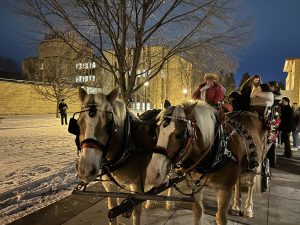
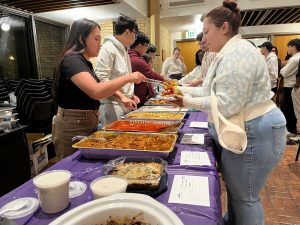
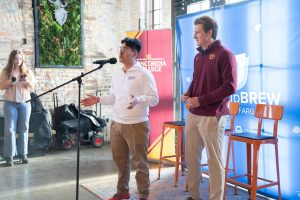

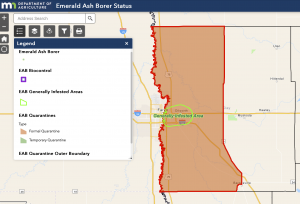
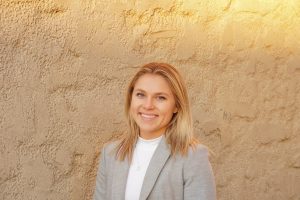
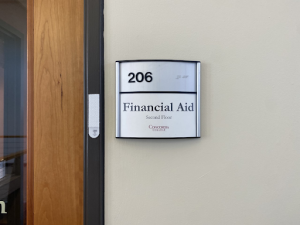
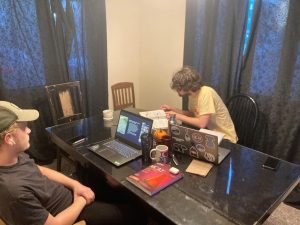

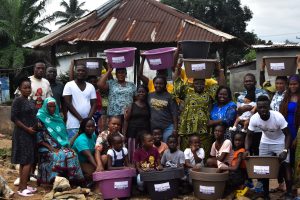
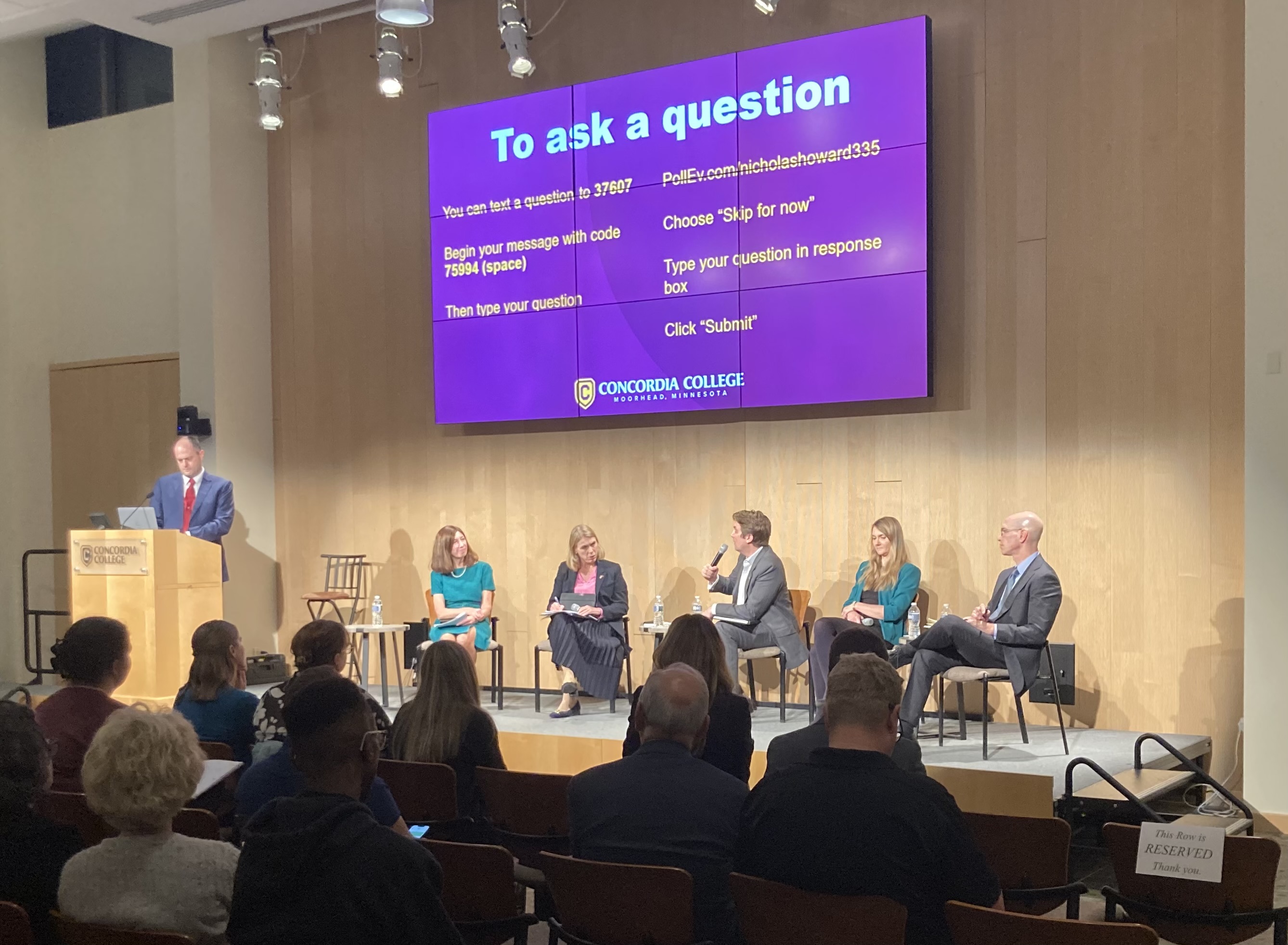
Be First to Comment